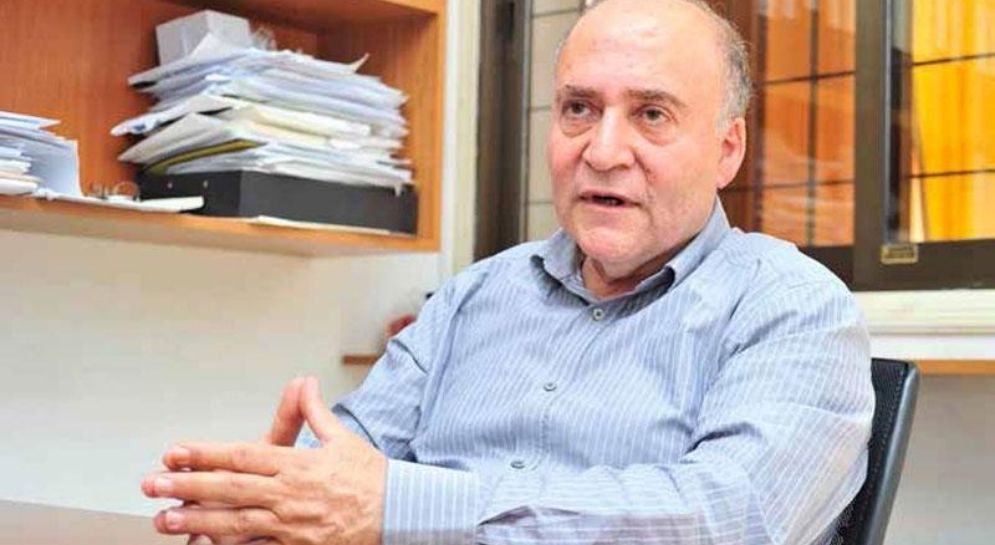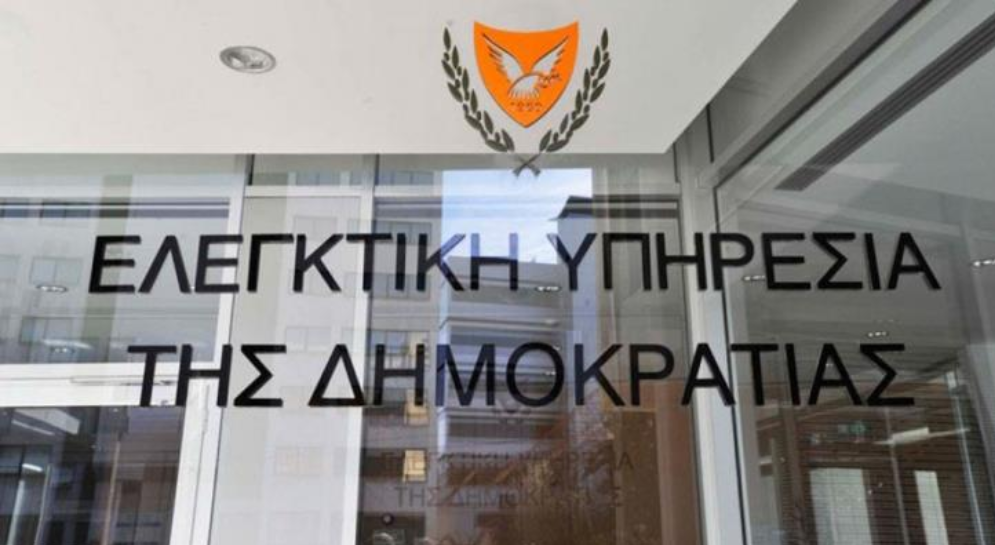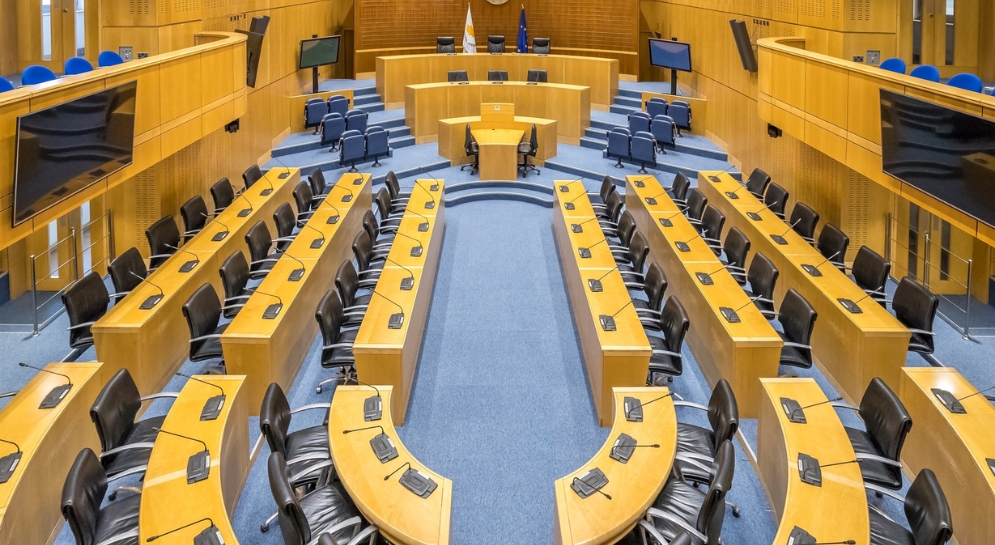
Intervention on ‘Astra’ radio by Toumazos Tselepis, International law expert, member of the Secretariat and Political Bureau of AKEL, Head of the Cyprus Problem Bureau of the C.C. of the Party
Monday 14 March 2022
Astra – On the situation in Ukraine and Russia’s objectives. Can we be optimistic that all this terrible situation with the Russian invasion will stop soon and that the two sides will arrive at a settlement without causing more severe repercussions for all the people suffering all through these 19 days?
TOUMAZOS TSELEPIS (TT) – You understand that it would be risky to make any assessments, but what is certain is that ceasefire is a pressing need and imperative so that the two sides can sit down at the negotiating table because those who are paying the heavy price – as always – are ordinary civilians. In this particular case, we are actually talking about a civil war, because that is what it really is.
Astra – You lived in Ukraine and graduated in Kiev, didn’t you?
TT – I lived in Kiev for ten years so you can understand how difficult it is for me to see these images and scenes unfolding, to remember both my fellow students and their families. It is unimaginable really. No one could have imagined back then that something like this would ever be possible to happen.
Astra – Russia is clearly not the same as the Soviet Union, or even under previous administrations before Vladimir Putin. Might we now be worried that something may change with regards Russia’s role on the Cyprus problem, given that Cyprus is forced – so the government says – to implement the sanctions imposed by the international community and the EU against Russia? We have noted some statements made by Mr. Lavrov that have been of concern which have of course been refuted to a degree, but is there smoke (without fire)?
TT – Let me start by saying that evidently Russia is not the Soviet Union. I think everyone realizes that. From there onwards, I gather the impression that we ourselves must first and foremost take a fresh look at where we are going as far as the Cyprus problem is concerned and what policies are being pursued. I believe that what is happening today in Ukraine, with all its tragedy, can also provide a window of hope, provided that we all understand what open/pending problems and war mean. Because in Ukraine, we understand that there was an open issue there too. There was the issue of the eastern Russian-speaking republics, where for many years things were taking place there and you can see how the whole situation developed.
I don’t want to compare different cases obviously, but what we all must draw lessons from is that efforts must be made to solve problems and that they mustn’t be allowed to continue. May this represent an opportunity to look again at the policies being pursued and what is really going wrong surrounding the Cyprus problem, because something is clearly going wrong.
Astra – The government is trying with the submission of Confidence Building Measures (CBMs) to solve the Cyprus problem. Earlier on I asked Mrs. Markoulli, who was a guest on our program, whether we are ultimately in danger of the occupied territories being annexed to Turkey if we also compare situations now in Ukraine.
TT – Let me tell you. There has been talk of annexing the occupied territories to Turkey from time to time. This has not happened so far. And it’s no coincidence that it hasn’t happened. I have the impression that for Turkey it would be a very difficult step to proceed to annexation, whereas there was an annexation of the occupied territories because as we understand their assimilation is underway and indeed it’s happening on a day-to-day basis. And we must not under any circumstances whatsoever underestimate this in any way.
Nonetheless, if Turkey were now to proceed towards a formal solution of annexation of the occupied territories, what would that mean? It would mean that it reverses its own narrative that the Cyprus problem is solely a problem between Greek Cypriots and Turkish Cypriots and that Turkey is supposedly here in Cyprus to help solve the problem in a peace operation. Official annexation means admitting in the most cynical way that Turkey’s goal was not to rescue Turkish Cypriots, but instead to pursue its expansionist policy.
Furthermore, I don’t know what this will offer Turkey because you see an illegal entity has been declared in the occupied areas as a so-called “state”, not recognized by anyone so far except Turkey – again without underestimating the real-life dangers, because we cannot reduce everything to a matter of “there has been no official recognition”. I think it is understandable what we are saying. It will be even more difficult here for someone to accept an annexation of the occupied territories.
Of course, this should lead us to draw correct conclusions, and not to be complacent because de facto many things are happening in the occupied territories and the situation is becoming more and more difficult as far as the effort to find a solution is concerned, but they have some issues as well. They too have their problems with the policies being implemented and that means that there is hope.
Astra – Is this hope perhaps justified by the fact that the meeting between Erdogan and Mitsotakis took place in a very positive atmosphere and that they said that all the issues of concern to the two countries were raised? Was the Cyprus problem perhaps raised too?
TT – I am not sure that the Cyprus problem had been raised. I don’t really consider that it was. And if it was raised, it would have been raised just for the sake of appearances. But it is undoubtedly positive that after so many tensions in recent years there is an effort underway between Greece and Turkey. It is too early to draw conclusions, but the same thing applies there too. The two countries must try to reach an agreement at the negotiating table.
That is what needs to be done because this situation between Greece and Turkey is really not in the interests of either country. For example, with the Aegean Sea, the Exclusive Economic Zone, the issue with the territorial waters and all that. As long as this situation persists, neither country can benefit. It cannot benefit in the event there are some reserves of either natural gas, oil or anything else, because that is the value of the economic zone. It is nothing else. It is not a sovereign territory or anything else. It’s an open sea.
So if the two countries cannot come to an understanding, nobody will be able to benefit. Furthermore, the tensions will continue. Spending in the military sector will continue to be reckless. It’s a one-way street.
Astra – So we can hope that a better climate will prevail there in the hope that this will work in favour of the Cyprus problem…
TT – Of course we have seen this scenario many times. I don’t want to sow pessimism, but in the past too there was an attempt made which in actual fact led to some understanding as to how they should try to resolve these issues. Nothing eventually happened. I hope that this time everyone has become wiser, seeing exactly what is going on in Ukraine and how great the danger of an escalation and of an extension of the war is. You understand that this could lead to very difficult situations – not only for Ukraine and Russia, but for humanity as a whole. That is why perhaps some, such as NATO for example, should have thought about it, not because we are in a hurry to justify Russia because there was indeed an invasion, but because it was obvious that Russia wouldn’t accept what was happening.
Astra – And the attempt by NATO to encircle Russia too…
TT – Without any doubt Russia could not have accepted that. Of course, I hear from time to time some statements which, in the tragedy of the situation also provoke some fury, such as “But isn’t it Ukraine’s right to join NATO?” Of course it is its right. The question is, can it proceed to do this? And what will be the consequences if it does? We also have the right to attack the Turkish invaders militarily. But can we do that? Of course not. But will we do it? It is clear that on these matters logic and reason is demanded. You need to calculate how far you can go.




